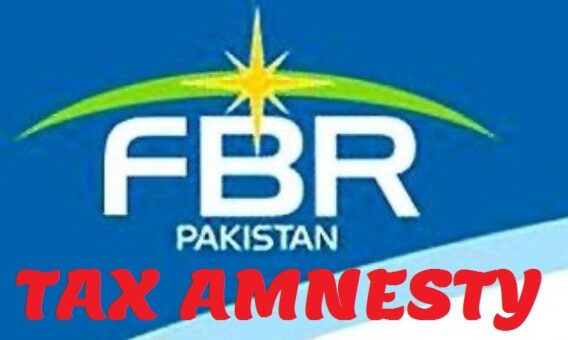The federal government has firmly rejected a proposal for an amnesty scheme aimed at bolstering the inflow of dollars into the country.
The decision, announced during a meeting of the National Assembly Standing Committee on Finance and Revenue held on Tuesday, comes as the government raises concerns about potential repercussions on Pakistan’s status with the Financial Action Task Force (FATF), which could complicate the nation’s financial landscape.
The rejection of the proposed amnesty scheme was underscored by the government’s commitment to avoiding a return to the FATF suspended list, which could lead to severe economic challenges. The National Assembly Standing Committee on Finance and Revenue deliberated on alternative strategies, ultimately recommending the implementation of a comprehensive super tax applicable to all entities based on profit limits. This aligns with a proposal put forth by the Federal Board of Revenue (FBR).
The government remains optimistic about achieving a staff-level agreement with the International Monetary Fund (IMF) as it anticipates that such an agreement will pave the way for increased funds from international financial institutions. This move is seen as a proactive step in removing potential obstacles to the inflow of funds.
During the meeting, the committee also called for a progress report on the investigation of banks involved in exchange rate manipulation, highlighting the government’s commitment to transparency and accountability within the financial sector.
Chaired by Qaiser Ahmed Sheikh, Member National Assembly, the 82nd meeting of the Standing Committee on Finance and Revenue addressed a spectrum of fiscal matters. Minister of State for Finance and Revenue, Dr. Aisha Ghaus Pasha, assured the committee that the government has devised a comprehensive plan to implement macroeconomic and structural policies. These policies aim to minimize economic imbalances, foster long-lasting inclusive growth, and generate employment opportunities.
Dr. Pasha informed the committee about the delay in the 9th review by the IMF, attributing it to a mutual agreement between the organization and the government. She also highlighted pending estimates for humanitarian assistance related to flood incidents and priority rehabilitation expenditure for the current fiscal year.
The committee suggested that the Finance Division and the FBR formulate policies to support domestic industries reliant on raw material imports and aid importers in clearing their commodities from Customs Authorities.
Responding to concerns raised by the committee, the Secretary of the Finance Division outlined measures to enhance the country’s economic situation. Both the committee and the government concurred on the necessity of a multifaceted approach to counteract the ongoing economic crisis in Pakistan. This includes comprehensive economic policies, sustainable tax regimes, expenditure reduction initiatives, export-oriented policies, private sector facilitation, and a gradual reduction of circular debt in the power sector.
Expressing dissatisfaction with the delay in appointing Heads for the National Bank of Pakistan (NBP) and Zarai Tarqiati Bank Limited (ZTBL), which has remained unresolved for nearly a year, the committee emphasized the urgency of addressing such crucial appointments.
In a series of decisions, the committee recommended approving the Public Sector Development Program (PSDP) related to the Revenue Division for the financial year 2023-24. However, discussions on PSDP projects related to the Finance Division were deferred to the next meeting.
Additionally, the committee appointed a Sub-Committee under the Convenership of Ch. Muhammad Barjees Tahir, MNA, to consider government bills related to securities and futures markets, modaraba companies, and tax laws.
The meeting, attended by members of the National Assembly and senior officers from various government divisions, marks a crucial step in addressing economic challenges and fostering sustainable growth in Pakistan. The rejection of the amnesty scheme reflects the government’s commitment to navigating the economic landscape without compromising its international standing.
